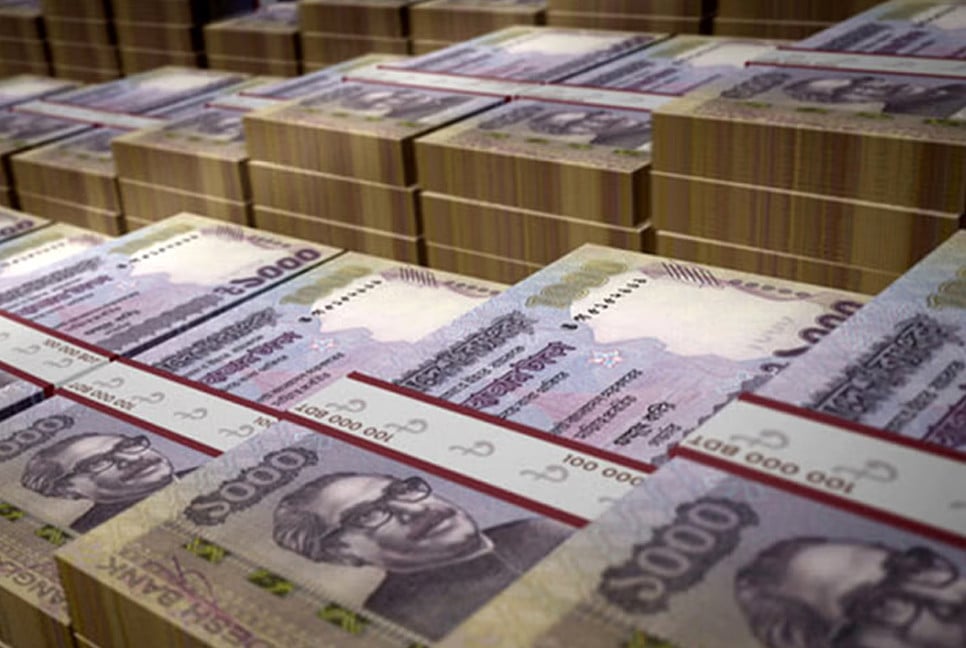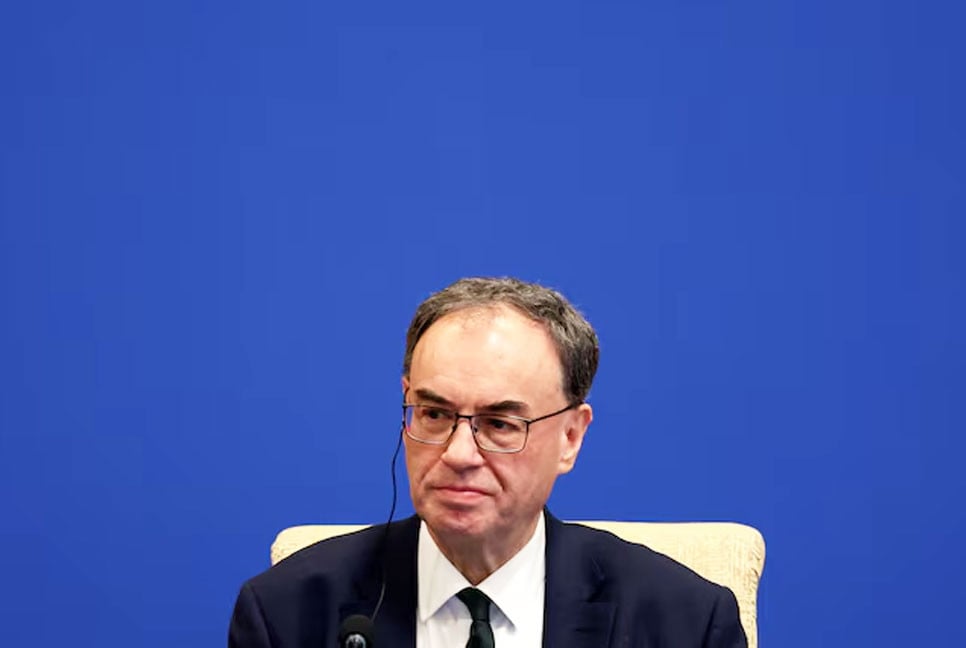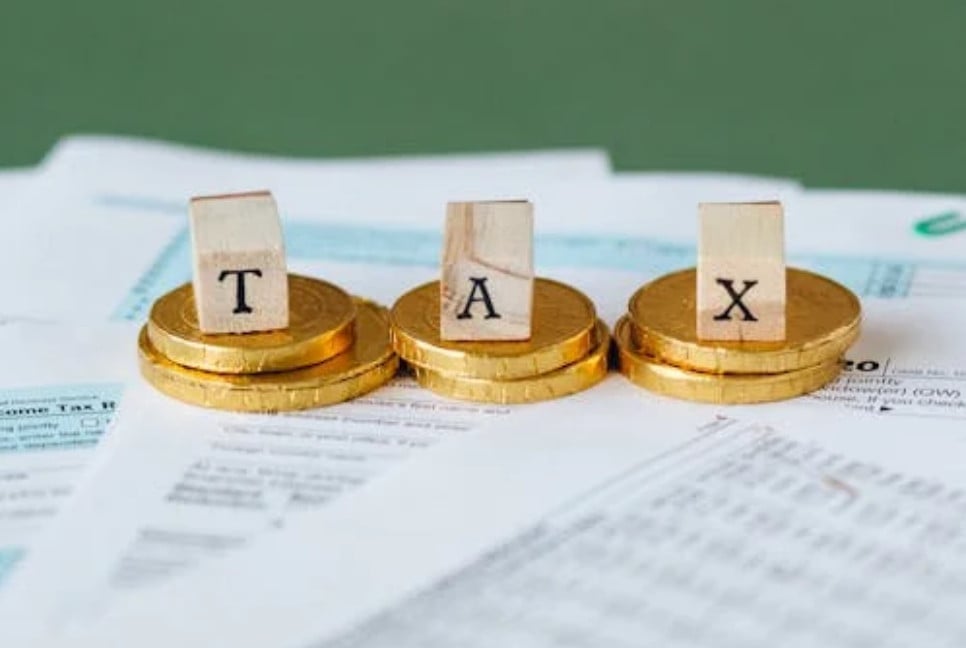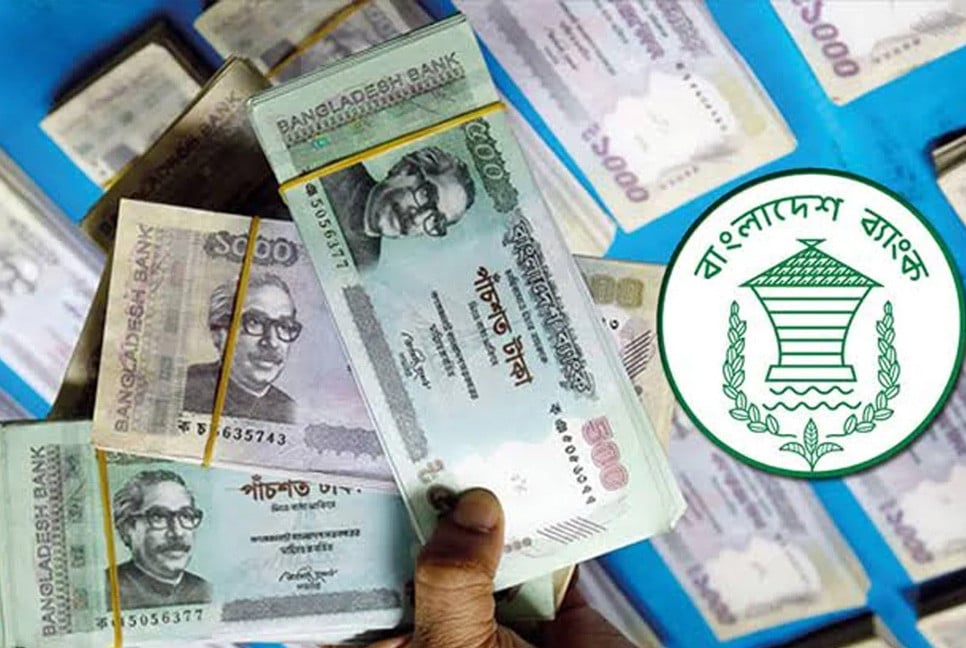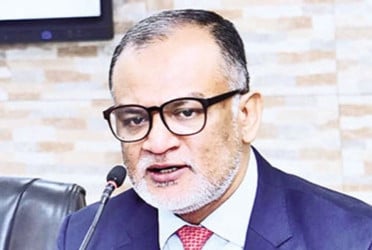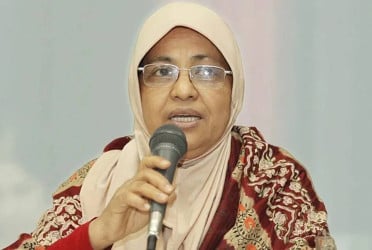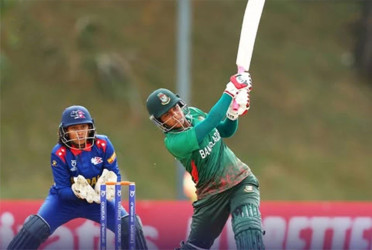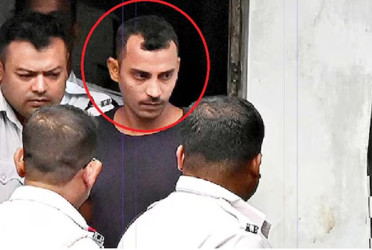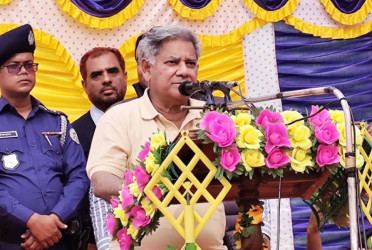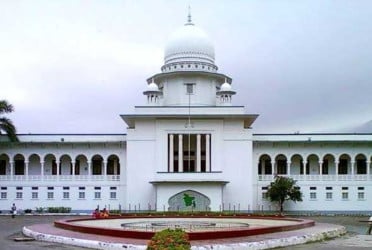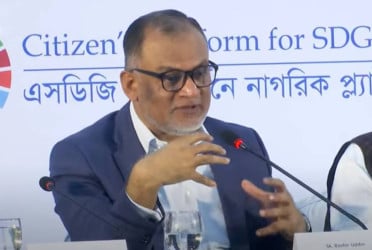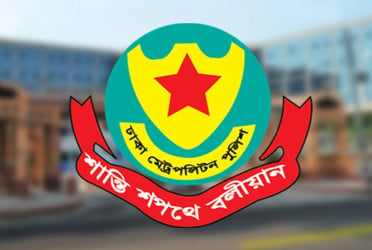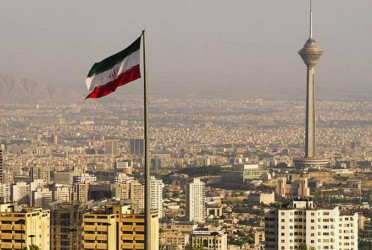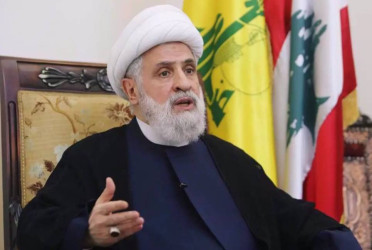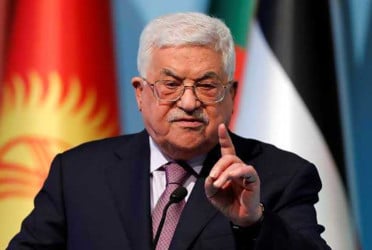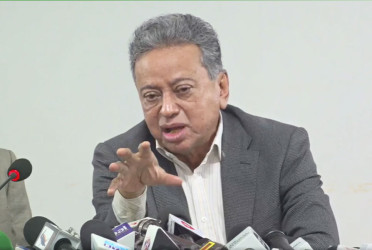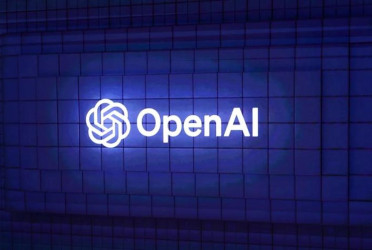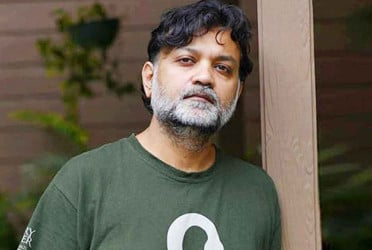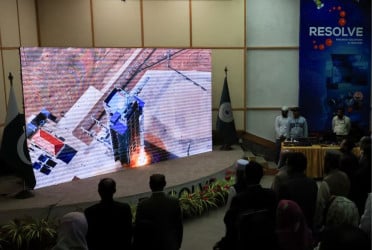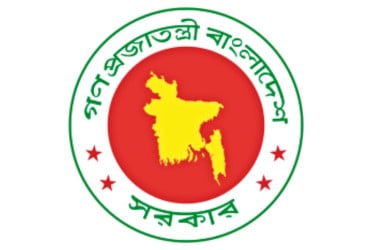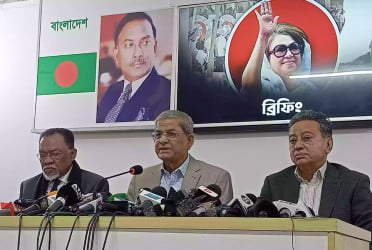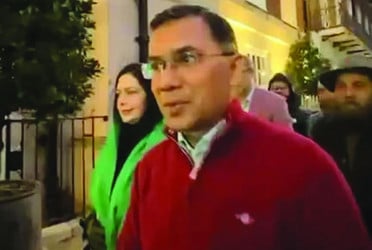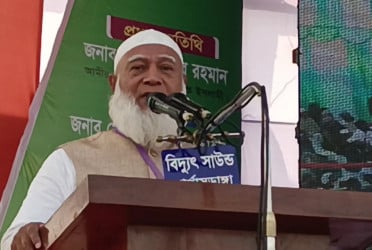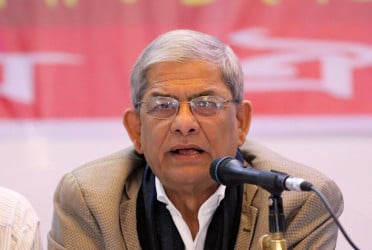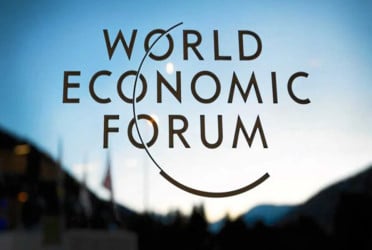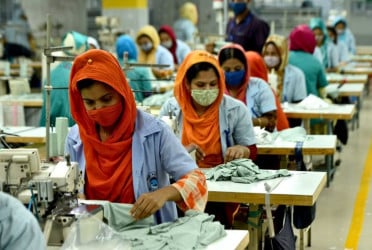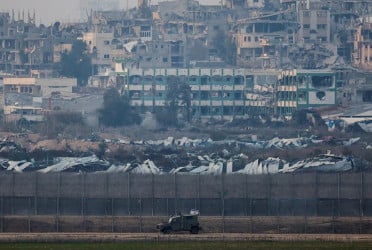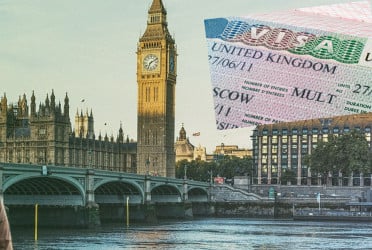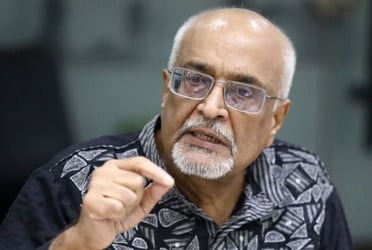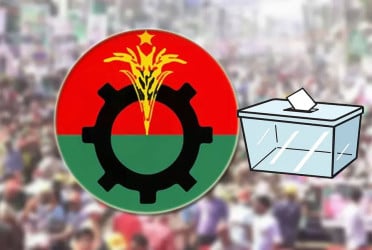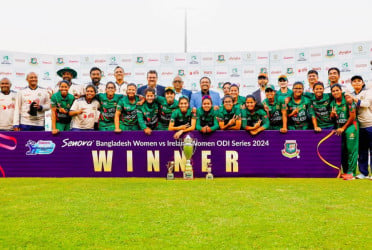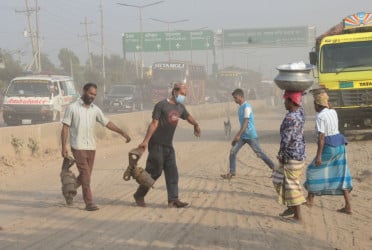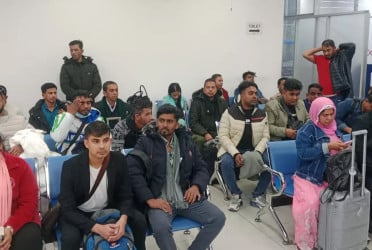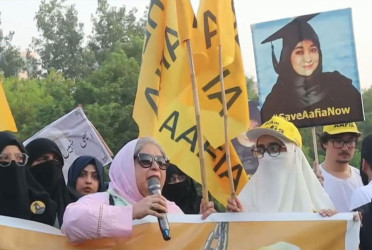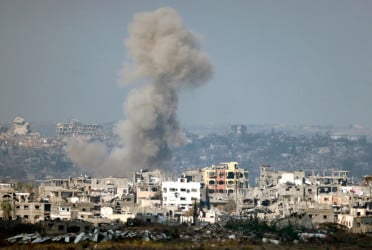The government is now taking a tough stance against individuals who have laundered money abroad – funds earned through the hard work and sweat of ordinary Bangladeshis. In response, the government, along with authorized agencies investigating and probing money laundering, has been actively working to track down these illicit financial activities.
In addition to efforts to bring back the laundered funds, the National Board of Revenue (NBR) is moving to confiscate assets in Bangladesh linked to unreported wealth and property abroad. This information has been confirmed by sources in NBR's Central Intelligence Cell (CIC).
Sheikh family’s patronage in laundering
On August 5, following an uprising by students and the general public, the Awami League government, led by Sheikh Hasina, collapsed. As the government fell, the various corrupt practices of the regime began to be revealed.
Evidence suggests that during their nearly 16 years in power, the Awami League crossed all boundaries of mismanagement, corruption, and authoritarianism. Particularly during this time, Sheikh Hasina, her sister Sheikh Rehana, and other members of the Sheikh family were directly involved in or turned a blind eye to corruption, allowing illegal wealth to be transferred abroad.
Many individuals, using their connections to the Sheikh family, are accused of engaging in corrupt practices and amassing vast sums of money, much of which was laundered abroad. Even Sheikh Hasina's daughter, Saima Wazed Putul’s ex-husband, Khandaker Mashrur Hossain, was once detained in Dubai for laundering illicit funds.
During this period, many corrupt officials, politicians, MPs, and ministers are believed to have laundered their illicit wealth with the Sheikh family's backing.
There is a widespread belief that those who have become some of the wealthiest individuals abroad, building their own personal empires, did so with direct support from the Sheikh family. As investigations progress, these matters are coming under closer scrutiny by the relevant authorities.
What is the NBR doing?
As an agency responsible for criminal investigations, the NBR maintains regular communication with these international agencies for information exchange.
CIC sources have stated that donor agencies and representatives from various countries have assured their cooperation in recovering laundered funds. These agencies are providing technical support, information, and even training, alongside the establishment of forensic labs.
Sources from NBR’s Central Intelligence Cell (CIC) have reported that the agency has gathered information on politicians, businessmen, bureaucrats, police officers, as well as senior and mid-level officials from banks, financial institutions, and insurance companies who are involved in money laundering.
Around 200 individuals and their families, suspected of money laundering and tax evasion, are currently under investigation. Information has been sought from international financial intelligence agencies to determine if these individuals have assets abroad.
Once more detailed information is gathered, the CIC plans to take strong action according to the law.
What is the govt’s role?
Since Prof Muhammad Yunus assumed the role of the interim government's chief advisor, he has met with diplomats from various countries to seek their cooperation in recovering the laundered funds.
The government has also requested support from countries such as the USA, the UK, Switzerland, Malaysia, Canada, Dubai, Australia, Turkey, Japan, and Belgium, as well as international organizations like the World Bank, IMF, and ADB.
The aftermath
While the CIC focuses on repatriating the stolen wealth, it is also considering seizing assets held domestically.
When asked about the potential for confiscating assets, a senior CIC official, speaking on condition of anonymity, explained that according to income tax laws, any taxpayer who acquires assets abroad must declare them in their tax returns. If this information is concealed and proven, the individual can be fined an amount equal to the value of the undeclared asset.
Referencing the case of former land minister Saifuzzaman Chowdhury, the official noted that substantial evidence of his overseas assets has been found. Since these assets were not declared in his tax returns, the law dictates that he will be fined an amount equivalent to the value of those assets. Discussions are currently ongoing about confiscating his domestic assets to recover this fine.
NBR officials believe that while the process of recovering laundered money may be long-term, it is not impossible. Dr Syed Md. Aminul Karim, a former NBR member and former director-general of CIC, stated that while there is no prior precedent for confiscating assets, the current NBR chairman has the authority to take such actions. He emphasized that confiscating assets may be the only viable solution to address this issue.
During the tenure of the Awami League government, large sums of money were laundered out of Bangladesh. Since the government’s fall, the Yunus-led administration has been actively focused on recovering these funds.
Source: Kaler Kantho
BD-pratidin English/Fariha Nowshin Chinika

